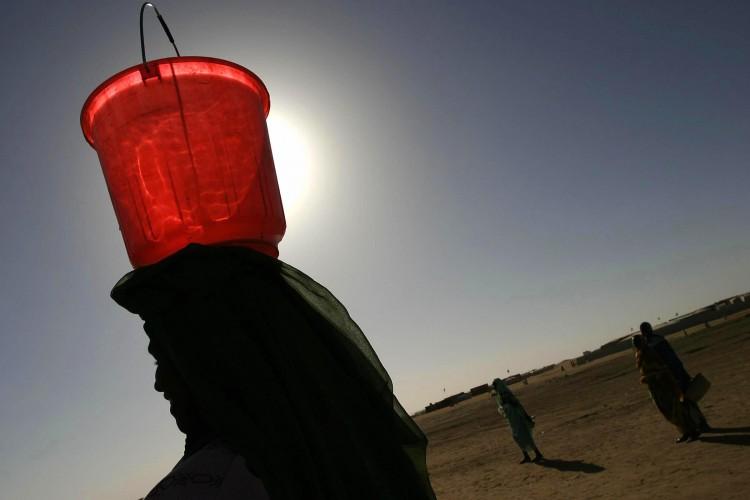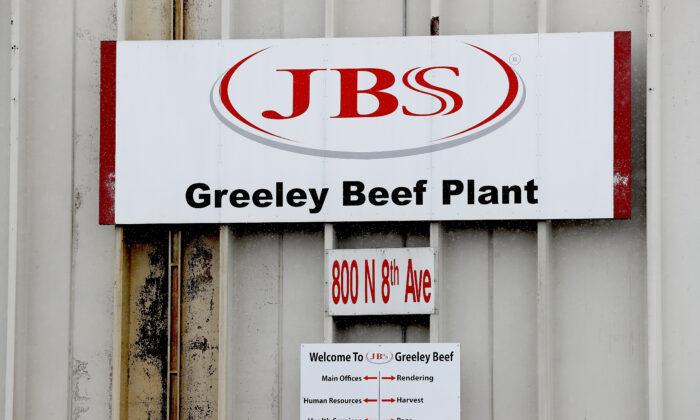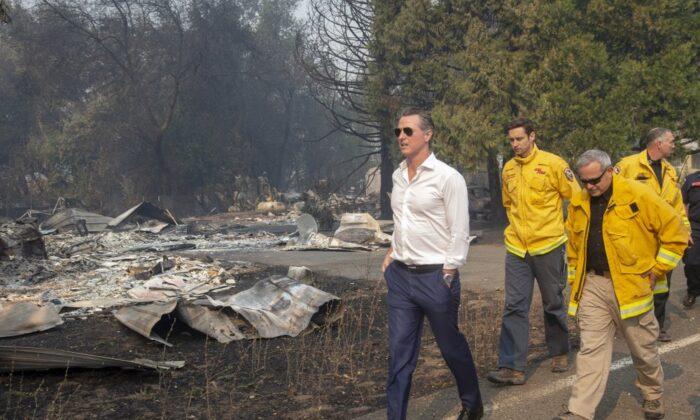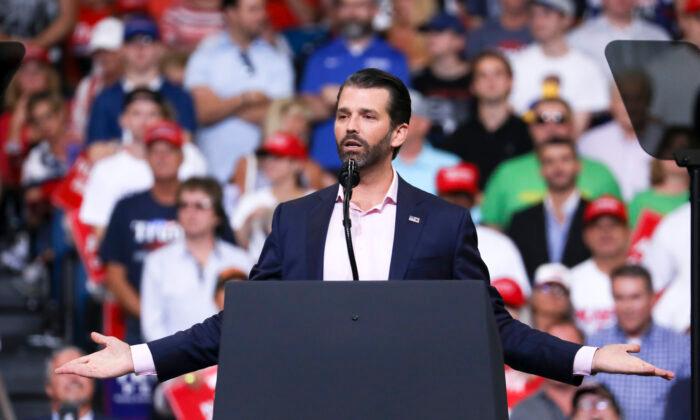Over 4000 people, mostly children under five years of age, die every day from diseases associated with lack of access to clean drinking water, primarily because they don’t have toilets, and cannot wash their hands at key moments such as after going to the toilet and before preparing food. More than 2.4 billion people are still without adequate sanitation.
Yet some progress has been made: The world, apart from sub-Saharan Africa, is on track to meet the Millennium Development Goal target on water, although the sanitation target is seriously off track (in fact it is the most off-track MDG target in Africa).
Add to this the fact that by 2030, the number of urban dwellers is expected to be about 1.8 billion more than in 2005 (which constitutes about 60 per cent of the world’s population), and it becomes clear that there will be even more demands on the world’s water resources in the future.
As World Water Week gets under way, EU Development Commissioner Andris Piebalgs reaffirmed the EU’s commitment to meeting the Millennium Development Goal pledge of halving the proportion of people without sustainable access to safe drinking water and basic sanitation by 2015.
Commissioner Piebalgs said: “There is a saying that ‘when the well is dry, we know the value of water.’ I think we have realised the value of water long before our well has run dry. We already know just how important it is. It’s something most of us take for granted here in Europe, but it is time to turn the tide and make sure it now becomes a basic human right for everyone.”
The commissioner said that between 2002 and 2008, aid from the EU as a whole to the water and sanitation sector almost tripled, and that thanks to the European Commission, more than 30 countries now benefit from major projects that the EU is running in this area.
“Yet so much more still needs to be done,” said Mr Piebalgs. “In the next minute, three more children will have died from drinking dirty water - that’s the equivalent of 4,000 every day. Women and girls are particularly affected, and miss out on opportunities to work and go to school. This is unacceptable in this day and age.
World Water Week, which takes place between the 21st and the 27th of August in Stockholm, has been the annual focal point for the globe’s water issues since 1991 – a forum where experts from around the world can gather together to discuss how they can make sure that people in some of the world’s poorest countries can access water to drink and for use in basic sanitation facilities.
What the EU is Doing on Water and Sanitation
Since 2000, the EU has been committed to meeting the Millennium Development Goal of halving the number of people without sustainable access to safe drinking water and basic sanitation by 2015.
Progress has been made. Of all the Millennium Development Goals, access to water is one of those that is most likely to be met (though sanitation goals are now recognised as being unlikely to be met).
EU aid is making a difference - since 2004, more than 32 million people have gained access to improved water supply and 9.5 million to sanitation facilities thanks to support from the European Commission.
EU Water and sanitation programmes, which help build infrastructure for drinking and waste water systems and provide basic sanitation and hygiene, amount to almost 400 million euro per year and take place in over 30 countries.
EU Water Initiative
The EU Water Initiative (EUWI) was launched by the EU member states and the European Commission in 2002. It was set up to help meet the MDG on drinking water and sanitation.
Since its establishment in 2002, the EUWI has had a significant impact globally in the water sector: it has also helped to establish the EU-ACP Water Facility, providing 700 million euro specifically to provide access to water and provide basic sanitation for some of the poorest people in Africa, the Caribbean and the Pacific, as well as to improve water management in these areas.
The facility is estimated to have enabled 14.5 million people to access clean water so far. Since 2002, EU support to water–related issues has amounted to 1.2 billion euro in total. The African-EU Infrastructure Trust Fund, the Neighbourhood Investment Facility, and the Facility for Euro-Mediterranean Investment and Partnership also contribute to fund water-related programmes.
‘The Sky Is My Limit’ - Esther Etowa’s Story
Nigeria is the world’s eighth most populous country, with some 151 million inhabitants. Of these, an estimated 103 million are not using improved sanitation facilities, and open defecation is rife.
Nigeria alone can account for 12 per cent of all child deaths under five. This means that every day, nearly 3,000 children under five die in Nigeria. Most of these lives could be saved through low-cost prevention and treatment interventions.
As a women’s organiser, Ms Etowa is used to helping sick children and mothers who have lost their children to water-borne disease.
In 1997, Ms Etowa began mobilising women into discussion groups that she informally called ‘woman talk.’ Ten years later, so many women had joined her society that the official Women Empowerment and Rights Initiative was born.
Ms Etowa’s ‘eureka’ moment came in 2008, when she was invited to attend a workshop on a new programme aimed at bringing better sanitation and hygiene, as well as safe water, to the most vulnerable rural communities.
In recent years, however, a revolutionary Community-Led Total Sanitation (CLTS) approach has been helping to achieve sanitation in areas like Cross River State.
Communities are now discarding the commonly accepted doctrine of what constitutes an acceptable toilet – a cement slab-covered pit latrine with brick walls – and instead are endorsing more flexible definitions of latrines. The only requirement is that 100 per cent of residents in targeted communities ceased open defecation once and for all.
The goal of CLTS is to have complete, unified commitment from communities. Often, the CLTS programme begins at the local school, an approach that the district water board now includes in their overall policy. Children are taught to wash their hands after using the toilet. The children then take this message home.
From here, the water and sanitation partnership between UNICEF, the European
Union, local government and community-based organisations helps move the project into homes and raise awareness in communities about the dangers of poor sanitation.
Using whatever materials are available locally, villagers then begin building their own latrines. They pitch in and support each other to ensure every family has its own facility. As a consequence of these low-tech interventions, child mortality in Nigeria has decreased between 1990 and 2008 by more than 4 per cent – a significant accomplishment.
In the six states supported by EU funding since 2008, more than 17,000 latrines have been built in 836 communities. More than 100 of these communities have attained the goal of being declared free of open defecation.
Through this initiative, more than 1,000 communities and 60,000 schools have now received a sustainable supply of potable water. More than 1.2 million people who never had access to clean water before now enjoy nature’s most fundamental gift without fear of disease.
And the project has found its way into the heart of community mobiliser, Esther Etowa.
“[Women and children] are now healthy, and there are now no more deaths,” she said. “There is no record of cholera this year, no record of typhoid. I feel happy – it’s like the sky is my limit!”






